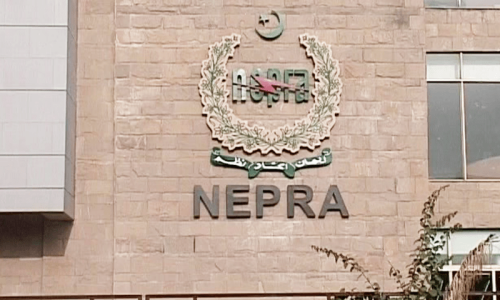KUALA LUMPUR, Feb 7: The International Monetary Fund is holding talks with Poland, central Europe’s largest economy, on a possible loan to fend off contagion from the global financial crisis that forced the Fund to intervene in Hungary.
Ex-communist Poland and Hungary joined the European Union in 2004 and although the larger country has sounder finances than Hungary, which has run huge budget and current account deficits for years, it has been hit by financial contagion.
“The Poles are saying that they are okay today and I think they are right,” IMF Managing Director Dominique Strauss-Kahn said on Saturday after he attended a central bankers meeting in Kuala Lumpur.
“They also say its not impossible that in the future they may be under pressure, so we are discussing with them to see if they need or don’t need more global (agreement) with the Fund,” Strauss-Kahn said.
According to research from investment bank UBS, Poland is the sixth most vulnerable of its universe of emerging market economies based on its short term financing requirements as a percentage of gross domestic product versus its reserves.
That means it is reliant on market financing, something that is in short supply as banks shy away from lending outside home markets and credit is in any case in short supply.
The Fund has active lending programmes in a range of countries as they seek to avert financial meltdown and may seek to extend those to others as a precautionary measure.
“Even countries having correct policies in place are hit by the crisis and may need some support,” Strauss-Kahn said.
The Fund has adopted preventative approaches already and has entered a precautionary agreement to lend $800 million to El Salvador.
Strauss-Kahn warned on Saturday that there were plenty of risks to the Fund’s assumption that global growth would pick up in 2010 after an expected 0.5 per cent contaction in the global economy this year. That is the worst outcome since World War Two.
While noting that the European Central Bank, which left interest rates unchanged at 2 per cent this year, had room to cut, Strauss-Kahn said that interest rates and fiscal pump priming alone would not solve the root cause of the global crisis.
Strauss-Kahn said that he viewed the almost $800 billion rescue package proposed by US President Barack Obama as the “correct” approach but said that governments needed to act more decisively to restore confidence in the banking sector.
“The question of interest rates is not the most important question, providing direct liquidity to the markets and restructuring the banking sector may have more influence and demand than interest rates,” he said.—Reuters















































Dear visitor, the comments section is undergoing an overhaul and will return soon.